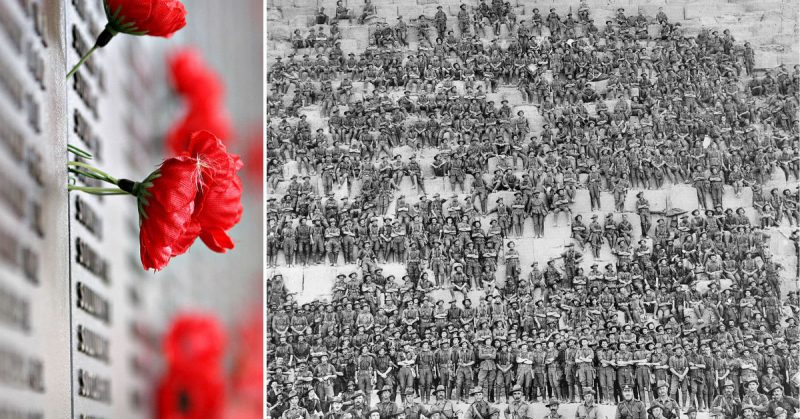War history is often a hotly-debated subject, and this is particularly true among historians in Australia, where “history wars” persist years and decades after the actual war’s end. Many historians have argued that Australians were tricked into fighting for the British and that Australia’s interests were not met when assisting the British allied forces in the Great War.
This is a typical argument made by left-wing political groups, according to the “History Warriors,” a political group opposing what they believe is left-wing orthodoxy. The Warriors deny the left’s theory vehemently, claiming that all the wars Australia has fought in the 20th century have been in its best interests and have benefited the nation.
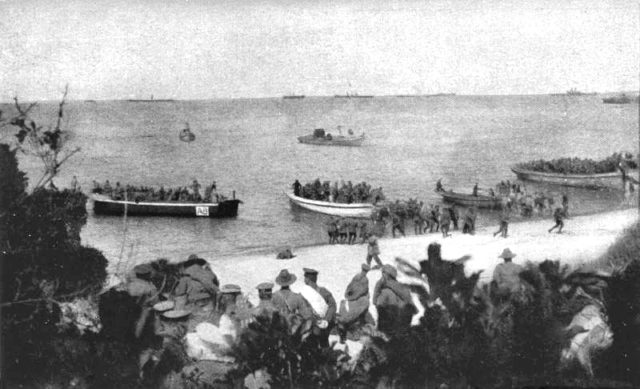
Quadrant Columnist Gerard Henderson argued in 1982 that the Great War was a meaningful win for Australians while writer Bill Gammage, who wrote The Broken Years, decided to highlight The Great War as a wasteful one in which nothing was gained for the Australians except bloodshed.
Henderson criticised Gammage’s book and his premises in general, saying the war was successful in multiple ways and that just because it was a failure in one sense doesn’t mean it was a failure overall. The failure Henderson is referring to is the foreign policy changes made after the end of the war.
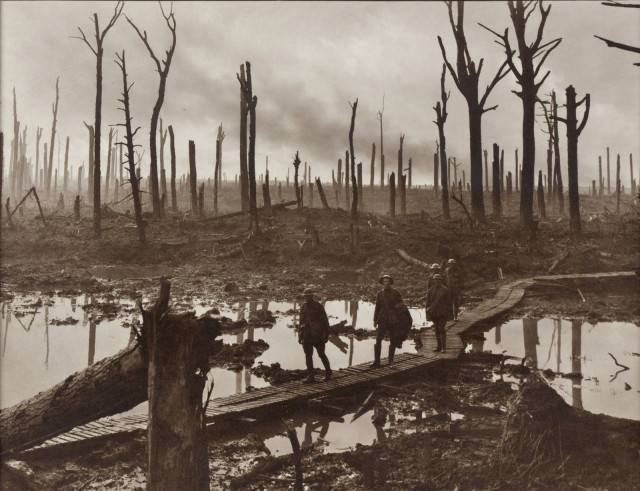
Literature has put Australia’s military history on the map, and George Johnston’s popular novel My Brother Jack highlights the deep impacts the war had on Australian society. My Brother Jack gave way to The Broken Years and a series of other similarly-themed literary works.
Perhaps more so than Johnston, Gammage has brought a new layer to Australia’s societal foundation, one leaning on exploration of the war’s traumatic effects and the Great War “tragedy.”
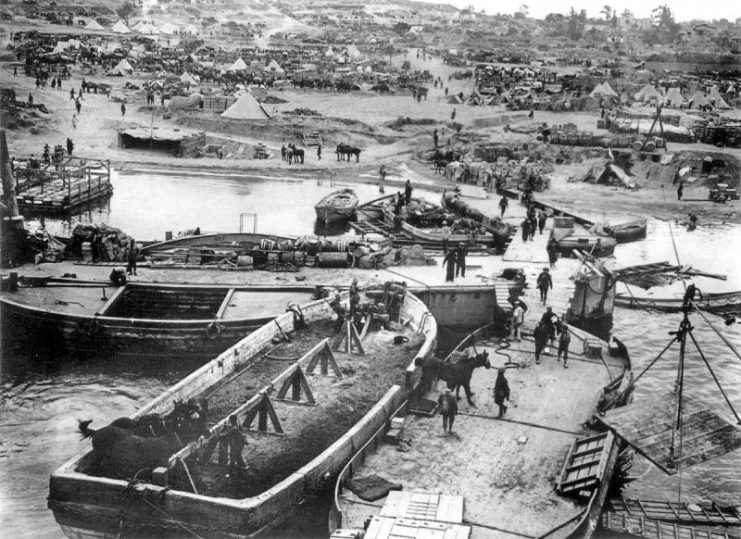
Historian Christina Twomey wrote about this newfound shift in Australian priorities in the History Australia issue of December 2013 in which she noted that the change wasn’t exclusive to the Australian people but occurred in other western countries as well. It’s no surprise, as trauma and the traumatic are very common themes in modern media, especially in relation to war or conflict-related events.
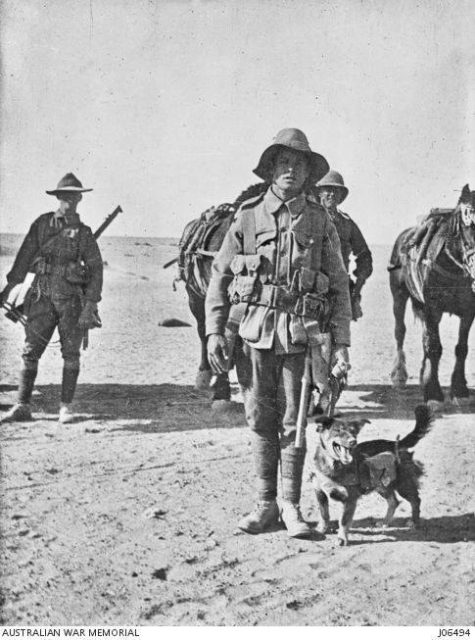
Gammage even rejected a clean-cut “military history” title for his book and instead opted for a more peculiar name, one that would represent the book’s contents as a journey into the horrors of war.
Twomey writes that the trauma aspect has spurred renewed public interest in the ANZAC effort, and trauma’s ties to psychology have made it a hot topic in the media – it’s seen as a progressive, trendy and modern method of analyzing the nation’s history.
Every year the Warriors continue to reject the theory and dismiss the “orthodoxy” of the left, stating their opinions are based on irrefutable fact. The “history war” seems to be of a much greater magnitude and have a deeper meaning, and it is possible that trauma is at the heart of the debate.
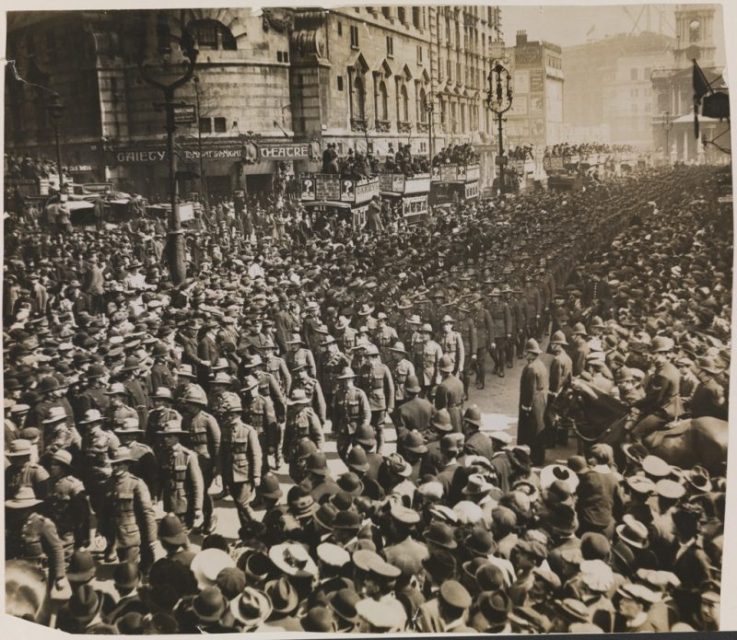
Frank Bongiorno, a respected ANU historian, says that Anzac’s popularity resurgence has had unexpected results, like the unwillingness to accept any criticism of the Australian army. The Anzac commemorations themselves have even changed; a larger emphasis has been placed on the country’s Aboriginal populace and their role in the First World War and can also be seen in the ceremonial honors that have been extended to include the ancient ancestry of fallen soldiers, which are all new additions to commemorative events.
All in all, the “history wars” debate is expected to continue well into the future across all facets of communication – on the Internet (forums, message boards, social media), news media, political discourse and in everyday social interactions. It’s a popular subject of the Anzac effort and has brought forward some interesting theories and opinions.
The United Kingdom maintains a healthy, strong relationship with Australia to this day and vice versa; they will obviously be allies in the event of another war, and perhaps, if that day should ever come to pass, this passionate debate will eventually become but a small footnote in the nation’s history.
